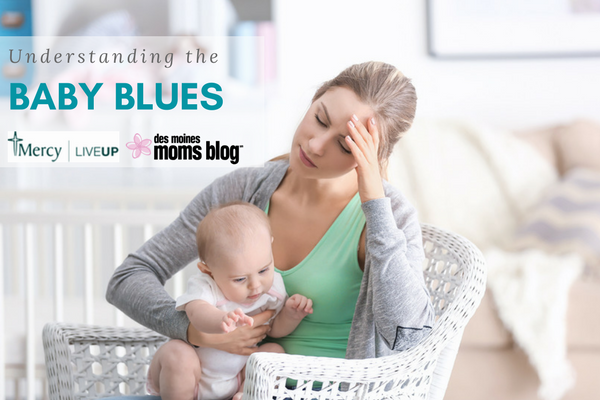It can start any time during your babys first year but its most common for you to start to feel its effects during the first. Postpartum depression affects about 13 of mothers.
He discovered that he was now capable to tell the tale of his life with Paula without internalizing her anger. As the ox was ready to jump ashore, the rat jumped from the oxs back, and won the race.
An Ultimate Guide To Surviving Postpartum Depression
These numbers may not sound like much but postpartum depression combined with psychosis and anxiety affect about every 1 in 8 mothers.

Understanding postpartum depression. A husbands guide to understanding postpartum. Since a major factor in postpartum depression is lack of proper rest other people can help by assuming some of the household chores and sharing in child care. Postpartum depression is defined as the depression that may occur for a new mother following the birth of her child.
Studies show that far less postpartum depression occurs where the extended family rallies around to provide support and instruction. Symptoms include changes in sleeping andor eating patterns irritability mood swings feelings of hopelessness and worthlessness crying jags and difficulty concentrating. What are the treatments for postpartum depression.
Its the type of depression you may get after you have a baby. Postpartum depression ppd is a serious mood disorder that affects women after childbirth. Postpartum depression creates feelings of sadness anxiety depression and exhaustion that can greatly inhibit their ability to care for their newborn child.
Postpartum depression is a very real and often very frightening occurrence that affects up to 18 percent of new mothers according to the cdc. Approximately 20 percent of all postpartum women experience a perinatal mood disorder such as postpartum depression ppd or anxiety. Postpartum depression ppd sometimes goes away on its own within three months of giving birth.
But if it interferes with your normal functioning. It arises due to a combination of hormonal changes fatigue and the psychological adjustments experienced at the onset of motherhood. Postpartum psychosis on the other hand is extremely rare and affects 1 in every 1000 births or about 01 of mothers.
Understanding postpartum depression what is postpartum depression.

Postpartum Depression Pregnant Chicken

Who Postpartum Depression In India A Systematic Review And Meta

Understanding Postpartum Depression And Baby Blues

What You Need To Know About Postpartum Depression In Bloom Births
Post a Comment